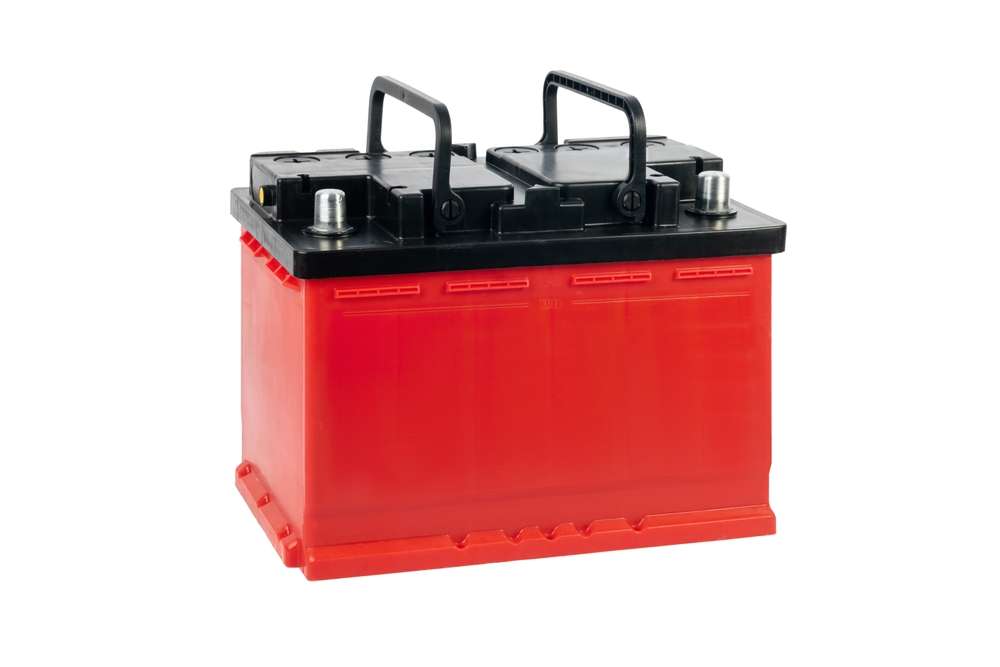The Power Behind Your Vehicle: Understanding Car Batteries
Car batteries are the unsung heroes of our vehicles, providing the essential electrical power needed to start the engine and run various automotive systems. As a critical component of any vehicle, understanding the basics of car batteries can help drivers maintain their vehicles more effectively and avoid unexpected breakdowns. This article will delve into the world of car batteries, exploring their function, types, maintenance, and more.

The primary function of a car battery is to provide the initial surge of power needed to start the engine. Once the engine is running, the alternator takes over, generating electricity to power the vehicle’s electrical systems and recharge the battery. This cycle of discharging and recharging continues throughout the life of the battery, making it a crucial component in the overall operation of a vehicle.
What are the different types of car batteries available?
While lead-acid batteries are the most common, there are several types of car batteries available in the automotive market:
-
Flooded Lead-Acid Batteries: These traditional batteries require regular maintenance, including checking and topping up the electrolyte levels.
-
Maintenance-Free Lead-Acid Batteries: These sealed batteries do not require regular electrolyte checks and are more resistant to vibration and leakage.
-
Absorbed Glass Mat (AGM) Batteries: These advanced lead-acid batteries use a fiberglass mat to absorb the electrolyte, making them spill-proof and more resistant to vibration.
-
Enhanced Flooded Batteries (EFB): Designed for start-stop vehicles, these batteries offer improved cycling capabilities and charge acceptance.
-
Lithium-Ion Batteries: Though less common in traditional vehicles, these batteries are becoming more prevalent in electric and hybrid cars due to their high energy density and longer lifespan.
Each type of battery has its advantages and is suited for different vehicle applications and driving conditions.
How can I maintain my car battery for optimal performance?
Proper maintenance is key to extending the life of your car battery and ensuring reliable performance. Here are some essential maintenance tips:
-
Regular inspections: Check the battery for signs of corrosion, damage, or loose connections.
-
Clean connections: Keep the battery terminals clean and free from corrosion using a mixture of baking soda and water.
-
Secure mounting: Ensure the battery is securely fastened to prevent vibration damage.
-
Avoid deep discharges: Try not to let your battery completely discharge, as this can shorten its lifespan.
-
Limit short trips: Frequent short trips can prevent the battery from fully recharging, leading to sulfation and reduced performance.
-
Use a battery maintainer: For vehicles that are not used regularly, a battery maintainer can help keep the charge at optimal levels.
-
Check fluid levels: For flooded lead-acid batteries, regularly check and top up the electrolyte levels with distilled water.
By following these maintenance practices, you can significantly extend the life of your car battery and reduce the likelihood of unexpected failures.
What are the signs of a failing car battery?
Recognizing the signs of a failing battery can help you avoid being stranded with a vehicle that won’t start. Common indicators include:
-
Slow engine crank: If your engine takes longer than usual to start, it could be a sign of a weakening battery.
-
Dimming lights: Headlights or interior lights that appear dimmer than usual may indicate a failing battery.
-
Electrical issues: Problems with power windows, radio, or other electrical components can be symptoms of a weak battery.
-
Check engine or battery warning light: These dashboard indicators can signal battery or charging system issues.
-
Swollen battery case: A battery case that appears swollen or bloated is a sign of internal damage.
-
Old age: Most car batteries last between 3-5 years, depending on usage and conditions. If your battery is approaching this age, it may be time for a replacement.
If you notice any of these signs, it’s advisable to have your battery tested by a professional to determine if replacement is necessary.
How do I choose the right battery for my vehicle?
Selecting the correct battery for your vehicle is crucial for optimal performance and longevity. Here are some factors to consider:
-
Battery size and type: Consult your vehicle’s manual or a battery fitment guide to ensure you choose a battery that fits your car’s specifications.
-
Cold Cranking Amps (CCA): This measures the battery’s ability to start an engine in cold temperatures. Choose a battery with a CCA rating appropriate for your climate.
-
Reserve Capacity (RC): This indicates how long the battery can run essential systems if the alternator fails. A higher RC is beneficial for vehicles with many electrical components.
-
Maintenance requirements: Consider whether you prefer a maintenance-free battery or are willing to perform regular maintenance on a traditional flooded battery.
-
Warranty: Look for batteries with good warranty coverage, as this can be an indicator of quality and expected lifespan.
-
Driving habits: If you frequently make short trips or live in extreme climates, consider a more robust battery designed for these conditions.
| Battery Type | Typical CCA Range | Maintenance Level | Approximate Cost Range |
|---|---|---|---|
| Flooded Lead-Acid | 350-600 CCA | High | $50-$120 |
| Maintenance-Free Lead-Acid | 400-750 CCA | Low | $75-$150 |
| AGM | 450-850 CCA | Very Low | $120-$250 |
| EFB | 500-900 CCA | Very Low | $150-$300 |
| Lithium-Ion | N/A (Not measured in CCA) | Very Low | $300-$1000+ |
Prices, rates, or cost estimates mentioned in this article are based on the latest available information but may change over time. Independent research is advised before making financial decisions.
In conclusion, understanding car batteries is essential for every vehicle owner. By knowing how they work, how to maintain them, and when to replace them, you can ensure your vehicle remains reliable and avoid unexpected breakdowns. Regular maintenance and attention to your car’s battery can save you time, money, and frustration in the long run, keeping you safely on the road for years to come.





